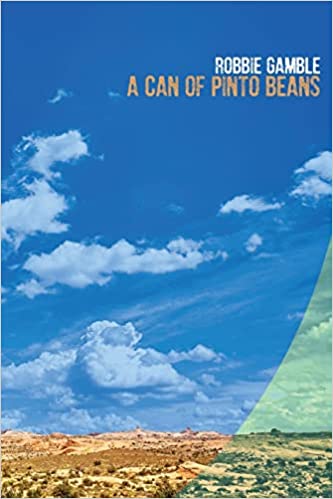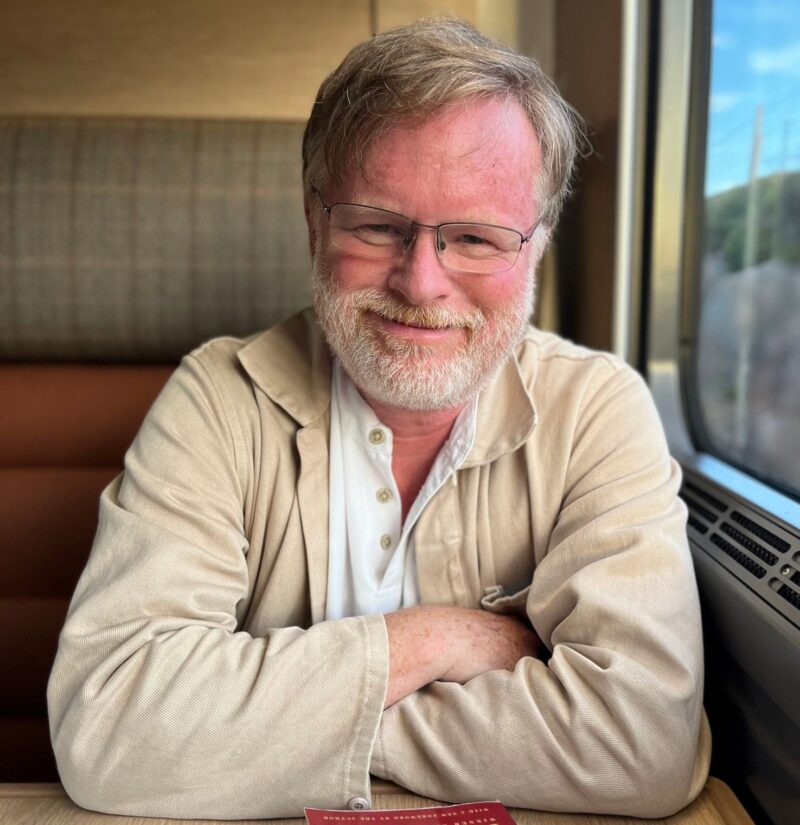When did you first encounter poetry? How did you discover that you wanted to write poems?
I heard Anne Sexton read when I was fourteen (my aunt and uncle were friends of hers), and I was stunned by the power of her presence and her words. I also had a wonderful high school English teacher who was able to imbue her students with her enthusiasm for poetry, and she encouraged us to write creatively.
Do you have a writing routine? A favorite time or place to write?
I don’t have a disciplined writing routine. I find the creative spirit has a natural ebb and flow to it, and when inspiration wells up, I try to go with it. I write a lot in my head, on long walks or in the quiet hour when I’m lying awake in bed in the predawn. Phrases will come to me, or solutions to writing problems I’d been struggling with. When I get home, or get up, I write them down and take off from there.
Where do your poems most often “come from”—an image, a sound, a phrase, an idea?
They come from all over, in those moments when my mind is most loose and associative. I might see a travel poster, or an animal footprint in wet cement, or have a strange passing thought like, what if Emily Dickinson had used the Dewey Decimal System to compose her poems? Poems are also provoked by injustices I have witnessed in my work with people caught in homelessness, and with undocumented migrants.
Which writers (living or dead) have influenced you the most?
Geez, so many: Elizabeth Bishop, Yusef Komunyakaa, Erin Belieu, Gabrielle Calvocoressi, A, Van Jordan, Robert Lowell, Ai, Carolyn Forché, Gerard Manley Hopkins. On any given day, this list would be completely different.
What excites you most about your new collection?
The opportunity to bear witness to the experiences of an often misunderstood group of people: migrants passing through a dangerous stretch of the Sonoran Desert along the Arizona-Mexico border.

Memo to the Border Patrol agent who dumped out the water we left in the desert:
I saw you hustle past in your green-stripe SUV, casting a huff of dust across our windshield. Ten
minutes later, we got to the radio tower, and the gallon jugs we had left for migrants were all
poured out, the ground still shiny-moist in 115-degrees of parch.
These are the facts. And although this document is not binding, I have several questions:
1.) Do you understand what thirst is? A thirst for home so strong, a man will walk 90 miles
under bone-bright sun to quench it. Not a death wish, not a martyr’s pilgrimage, not a
penchant for Air Jordans or a welfare check or some Mickey Mouse accessories for his
toddler daughter. Just a semi-safe place to work and live, live and work, fill a belly,
harbor a family.
2.) What does it profit you to be cruel? Did you thrill to the glug of the jugs heaving their
quench into the dust? How cozy is that government-issue paycheck in your pocket?
3.) [and this one is kind of biblical, so listen close] Who is your neighbor? Who? You and I
and who else? The passports we both holster are embossed with the self-same
spreadeagle, clawing at arrows and olive twigs. Such a coveted ticket. But plunk this in
your trooper-shaved skull: we are the newcomers on this hemisphere, and the footpaths
you patrol have veined these continents for millennia with no regard for turnstiles or trade
quotas or zip ties or drone strikes or dreams of a wall drawn arbitrarily across the sand.

Robbie Gamble (he/him) received an MFA in Poetry from Lesley University (January 2017). His poems and essays have appeared in Post Road, Whale Road Review, Salamander, The Sun, and Tahoma Literary Review. His chapbook A Can of Pinto Beans was published by Lily Poetry Review Press in 2022. Robbie was the winner of the 2017 Carve Poetry Prize, and he was a 2019 Robert Taylor fellow at the Kenyon Summer Writers Workshop. His essay “Exit Wound” was cited as a notable essay in Best American Essays 2020. Robbie is the poetry editor for Solstice: A Magazine of Diverse Voices, and he divides his time between Boston and Vermont.
